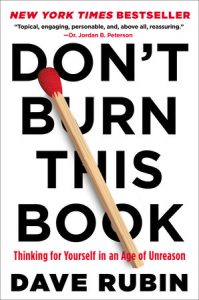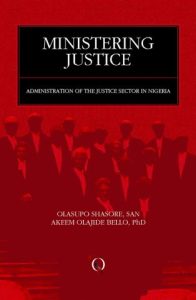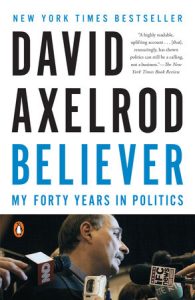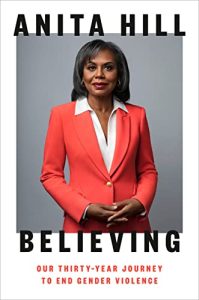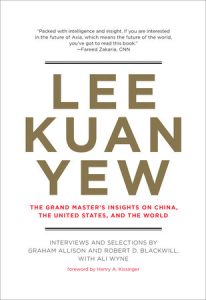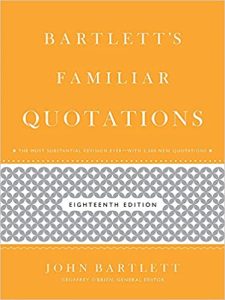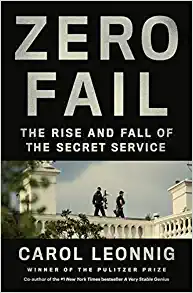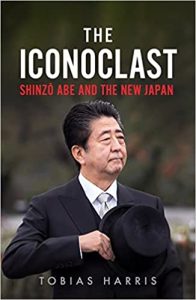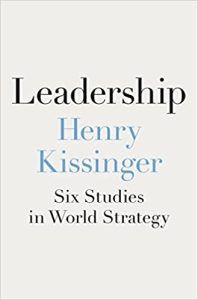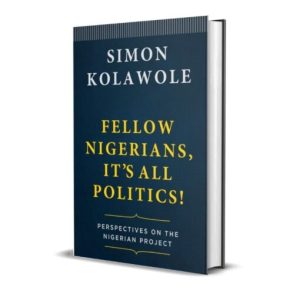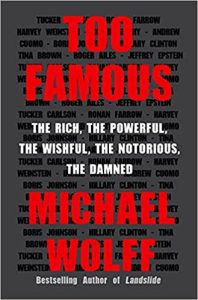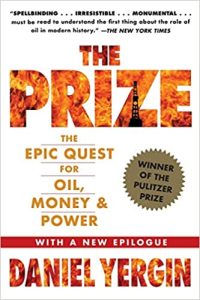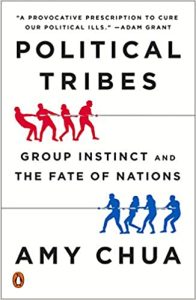Don’t Burn This Book
₦12,000.00Dave Rubin launched his political talk show The Rubin Report in 2015 as a meeting ground for free thinkers who realize that partisan politics is a dead end. He hosts people he both agrees and disagrees with–including those who have been dismissed, deplatformed, and despised–taking on the most controversial issues of our day. As a result, he’s become a voice of reason in a time of madness.
Now, Rubin gives you the tools you need to think for yourself in an age when tribal outrage is the only available alternative. Based on his own story as well as his experiences from the front lines of the free speech wars, this book will empower you to make up your own mind about what you believe on any issue and teach you the fine art of:
– Checking your facts, not your privilege, when it comes to today’s most pervasive myths, from the wage gap and gun violence to climate change and hate crimes.
– Standing up to the mob against today’s absurd PC culture, when differences of opinion can bring relationships, professional or personal, to a sudden end.
– Defending classically liberal principles such as individual rights and limited government, because freedom is impossible without them.

